
The majority of HIV infections are sexually transmitted or are associated with pregnancy, childbirth and breastfeeding.
Our work links prevention with treatment, care and support, reduces HIV-related stigma and discrimination, and responds to unique regional and national characteristics of the epidemic.
Articles about HIV and STIs
Improving the sexual health of young people after Cyclone Winston, Fiji
Even before Cyclone Winston, there was very little knowledge about contraception and sexually transmitted infections in Fiji. IPPF health professionals are now providing the affected population with counselling and advice on family planning and sexual health.
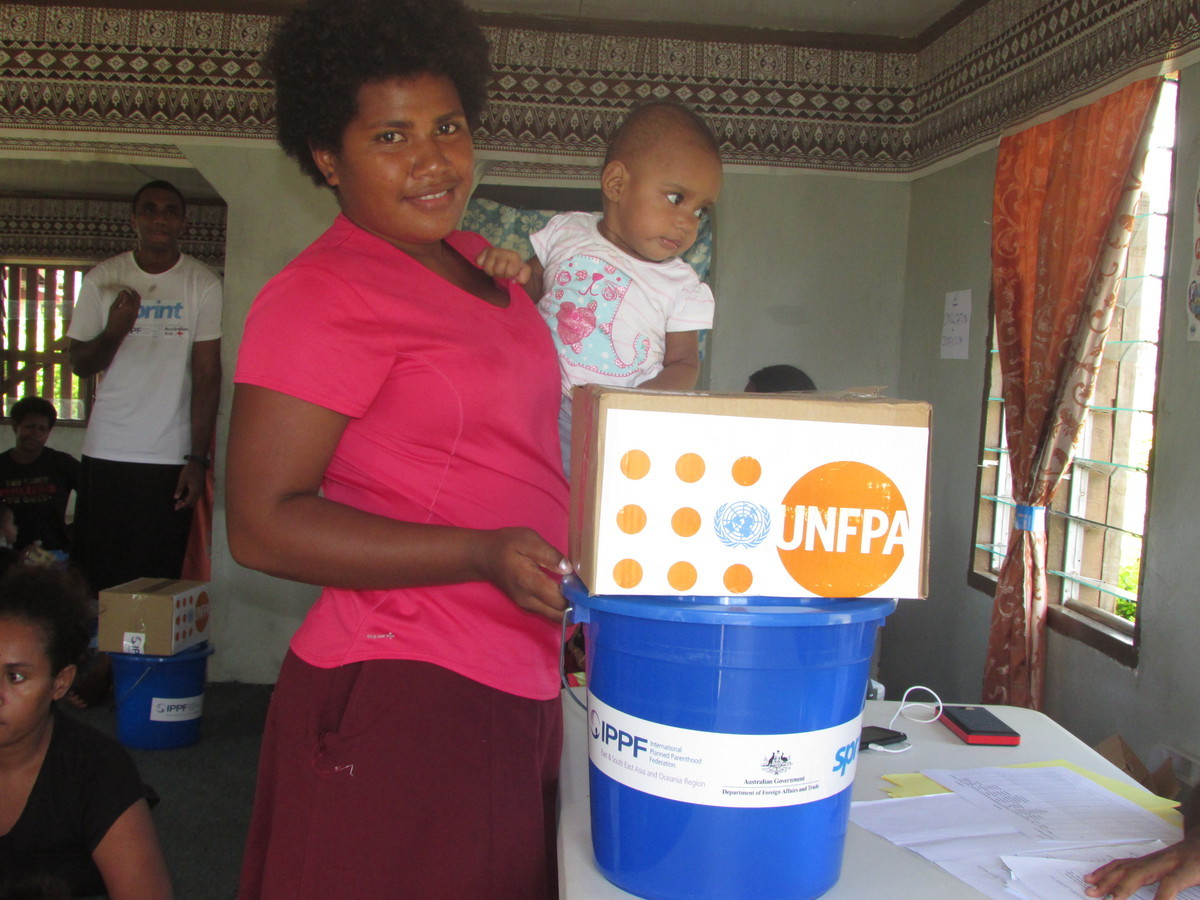
IPPF reacts to US Government decision to withdraw funding from UNFPA
IPPF Director General Tewodros Melesse has said that a decision by the US Government to withdraw funding from the United Nations Population Fund will have “devastating consequences” for women and girls around the world. Mr Melesse said: “The money the US administration now wants to withdraw would have been spent on health care for some of the poorest and most vulnerable women and girls in the world. “It will take away funding for contraception, maternal care and the safe delivery of babies, as well as programmes to counter gender-based violence. “IPPF works closely with UNFPA in some of the most difficult situations in the world to provide this kind of care, especially in the poorest regions of the world’s poorest countries. The women and girls living in these situations are especially vulnerable, and this will have devastating consequences for them.” Mr Melesse added: “This is the second blow this year delivered to health care for women and girls around the world by the new US Administration. “The re-enactment of the Global Gag Rule (also known as the Mexico City Policy) has already denied US funding for contraception services, HIV programmes and work to counter the Zika outbreak to IPPF and other health organisations. “We estimate that the $100m in funding IPPF expects to lose will stop us from preventing 20,000 maternal deaths, will lead to 4.8m unintended pregnancies and 1.7 million unsafe abortions. “We should be clear. None of the funding being withdrawn by the US administration is spent in the provision of abortion or in support of coercive reproductive policies. This is a smokescreen for cuts in funding, nothing more. “As a rights-based organisation, IPPF works in partnership with UNFPA and other health and human rights organisations to provide tens of millions of women and girls with the right to choose how and when they use contraception and to access other live-saving health services. “UNFPA brings governments together to work on commonly-agreed policies such as the Sustainable Development Goals, which are vital in the fight to try to ensure sexual and reproductive health care for everyone. “I am deeply sorry that for a second time in the space of three months the US Administration has decided to deny critical health services to the people who need them most. We know that tens of thousands of lives will be lost as a result.”
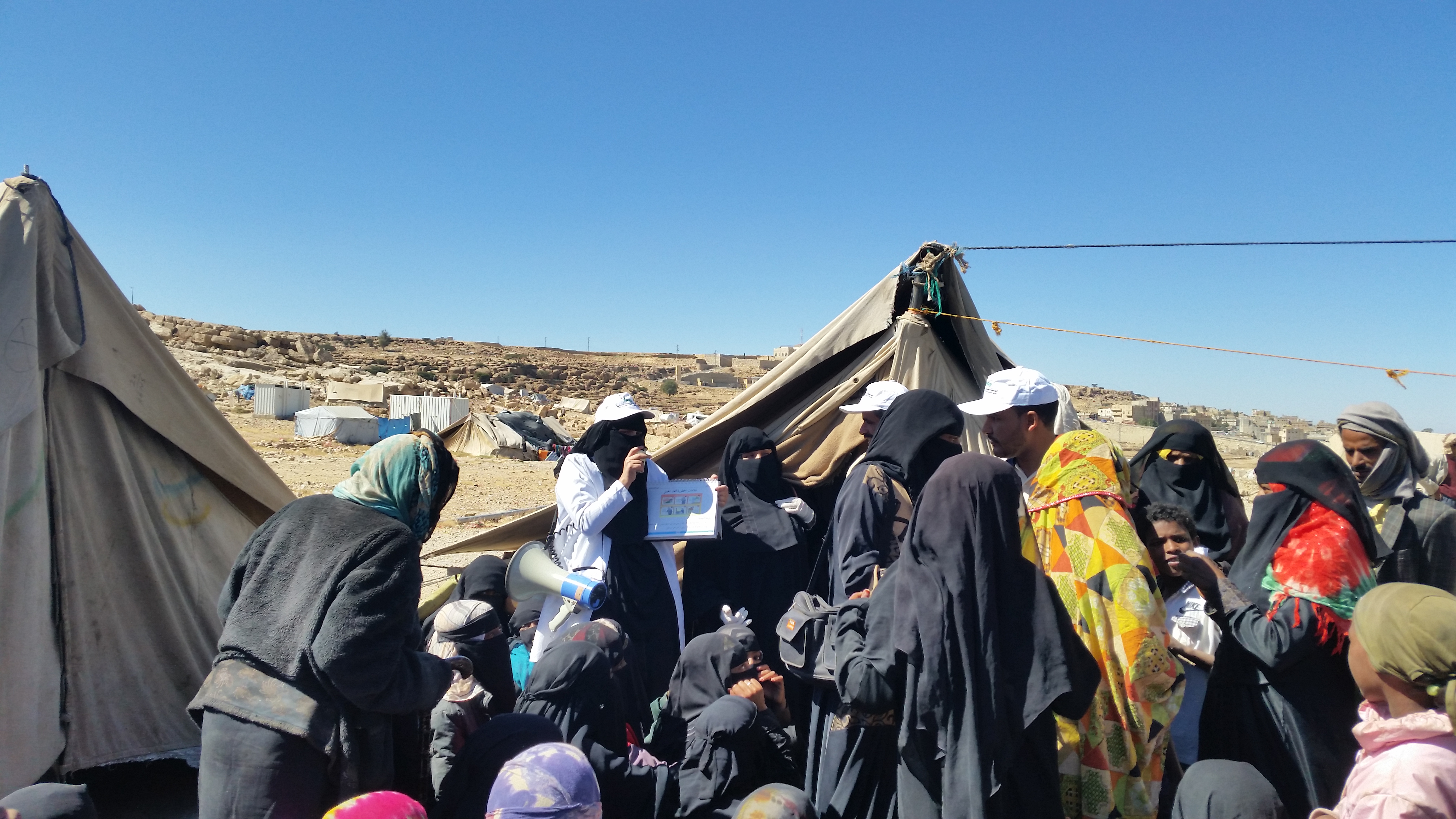
IPPF responds to the announcement of funding from the Government of Japan
IPPF’s Director General, Tewodros Melesse, has paid tribute to the Government and people of Japan, following the announcement that Japan will support the provision of sexual and reproductive health and rights (SRHR) for 2017. The Japanese Government has announced that it will contribute approximately 3.1 billion yen (roughly $28 million) to IPPF and the United Nations Population Fund (UNFPA) in annual support. Mr Melesse said: “IPPF is grateful for Japan’s continuing support to SRHR through funding IPPF and UNFPA. Particularly in the current negative climate around SRHR, Japan’s expression of its strong will to continue its support for SRHR is warmly welcome.” “Japan’s long-lasting support for IPPF and for sexual and reproductive health care and rights has always been appreciated. These funds will help IPPF member associations around the world mitigate the cuts in funding we are seeing from some other sources. This will help protect health and save the lives of many people, especially women and girls.” Mr Melesse added: “We agree completely with the Government of Japan when it says that the provision of services relating to sexual and reproductive health and rights is essential for realizing universal health coverage (UHC), that ensures affordable access to basic health services for all whenever they need them throughout their lives. This is stated clearly in the Basic Design for Peace and Health, Japan’s global health policy and one of the outcome documents of the G7 Ise-Shima Summit, as well as in an outcome document from the The World Assembly for Women in Tokyo 2016 (WAW), the Third United Nations World Conference on Disaster Risk Reduction and the Sixth Tokyo International Conference on African Development (TICAD VI). IPPF would like to congratulate Japan’s leadership and commits to working closely with the Government of Japan to make a real difference to the lives of women, men and young people in around world and to achieve the Strategic Development Goals.” IPPF received approximately $1.13m from Japan in early 2017 for its activities targeted to Syrian refugees and internally displaced people, and will receive funding of $7.76m which was recently approved by the Japanese Parliaments.

Japan Trust Fund
The Japan Trust Fund (JTF) represents a visionary partnership that began in 2000 between the Government of Japan and IPPF. Together, we invest in programmes that prioritize health equity, gender equality, and human security for all. Traditionally a driving force behind IPPF's efforts to support the integrated HIV prevention programmes of our Member Associations in Africa and Asia, JTF has adjusted to reflect changing global health priorities. We attach importance to universal access to sexual and reproductive health and rights - an essential contributor to universal health coverage and the global development goals. These projects have transformed the lives of people most vulnerable to HIV and high risk of maternal and child mortality. Equally, it ensures that as a donor, the GOJ’s response to HIV remains people-centred and contributes to human security.
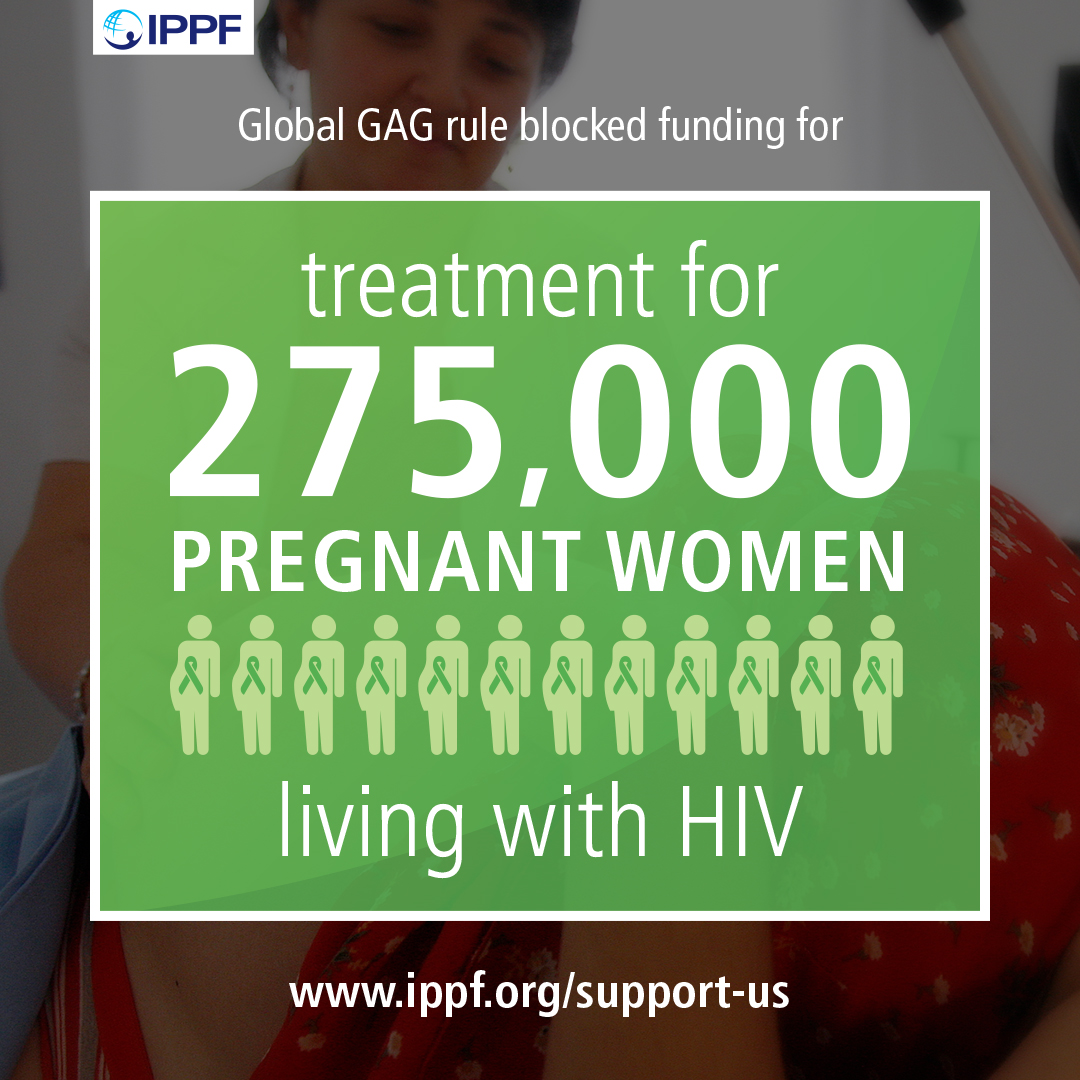
Watch: What's the impact of the Global Gag Rule?
We calculated the human cost of the U.S. Global Gag Rule. The effects can be devastating for millions of poor and marginalised women. WANT TO GET INVOLVED? SUBSCRIBE NOW TO GET UPDATES FROM IPPF SUPPORT OUR WORK WITH A DONATION
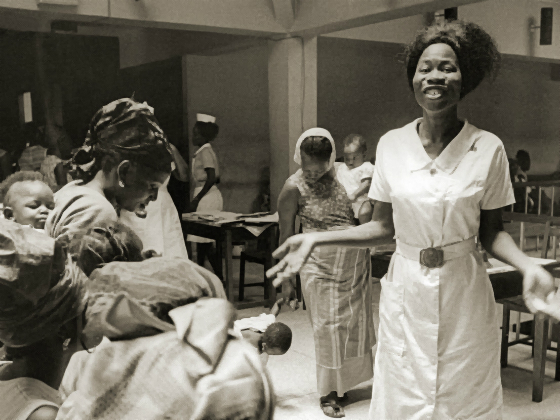
Celebrating over 60 years of service delivery
For over 60 years, IPPF has been at the vanguard of the family planning movement, championing and fighting for rights‑based, voluntary family planning worldwide.
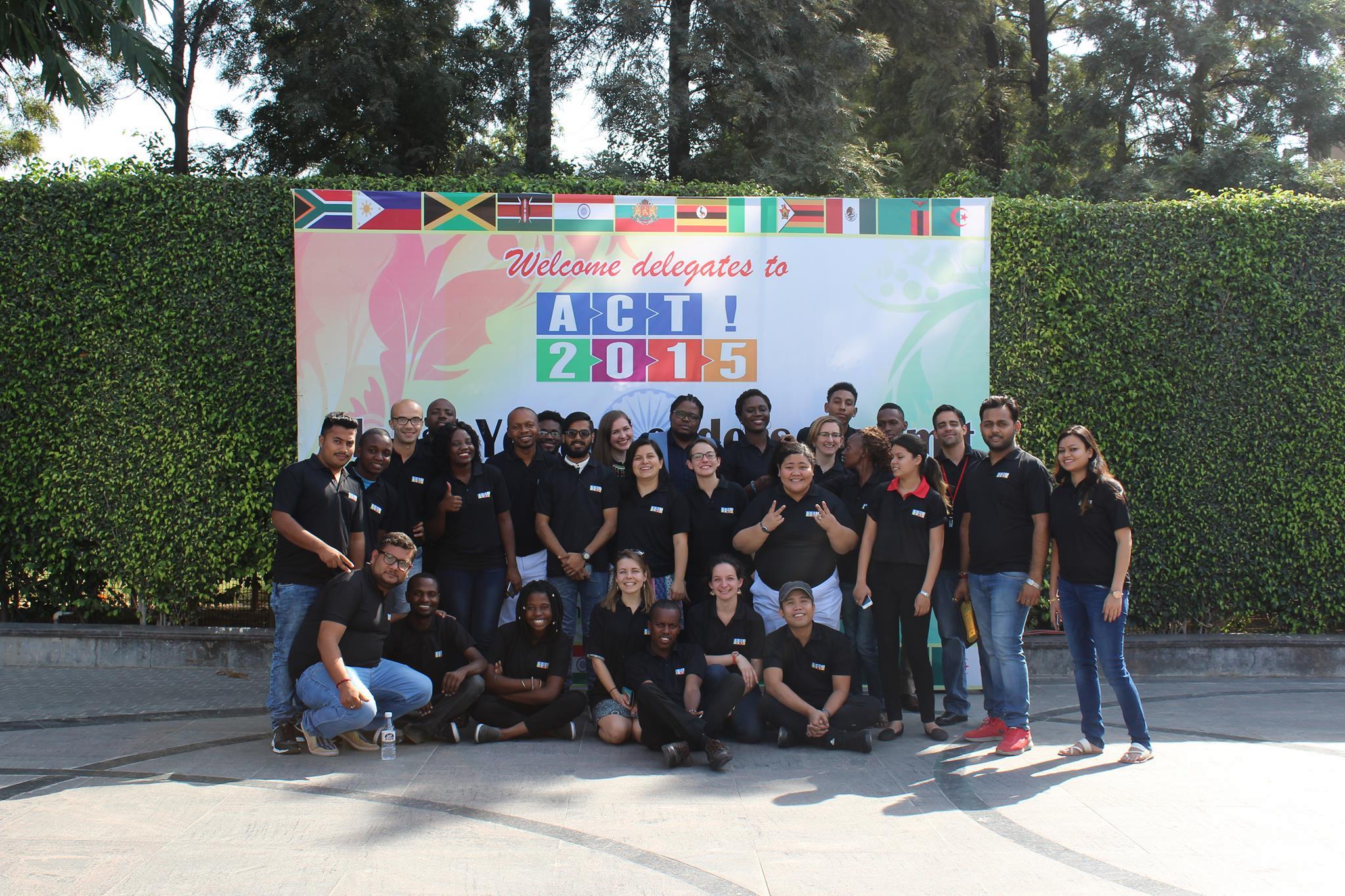
ACT!2030
IPPF collaborates with UNAIDS and The PACT to implement ACT!2030 (formerly ACT!2015), a youth-led social action initiative which engages young people in 12 countries with advocacy and accountability around the Sustainable Development Goals (SDGs) and other SRHR agreements/frameworks. ACT!2030 was initiated in 2013 as a way to increase youth participation in the negotiations leading up to the adoption of the post-2015 development agenda, and for two years focused on establishing alliances of youth-led and youth-serving organisations in 12 countries across the world. The project is currently in Phase 4, which runs until the end of 2017, and aims to establish youth-led, data-driven accountability mechanisms to ensure youth engagement with the implementation of the SDGs and build an evidence base for advocacy. Ultimately, Phase 4 of ACT!2030 seeks to identify, assess and address key policy barriers to young people’s sexual and reproductive data by using existing data, supplemented by youth-collected data, to advocate and lobby for policy change. This phase involves four main activities: indicator advocacy (persuading decision makers to adopt youth-friendly SRHR and HIV indicators, including on things like comprehensive sexuality education (CSE) and access to youth-friendly services, into national/global reporting mechanisms); evidence gathering (creating national databases on quality of and access to youth-friendly services and CSE); communications (transforming this data and evidence into communications pieces that can be used to advocacy and lobby at national and international level); and global exchange (facilitating global visibility to share advocacy and engagement learnings and increase youth-led accountability in global and regional processes). ACT!2030 is implemented by national alliances of youth organisations in 12 countries: Algeria, Bulgaria, India, Jamaica, Kenya, Mexico, Nigeria, Philippines, South Africa, Uganda, Zambia and Zimbabwe.
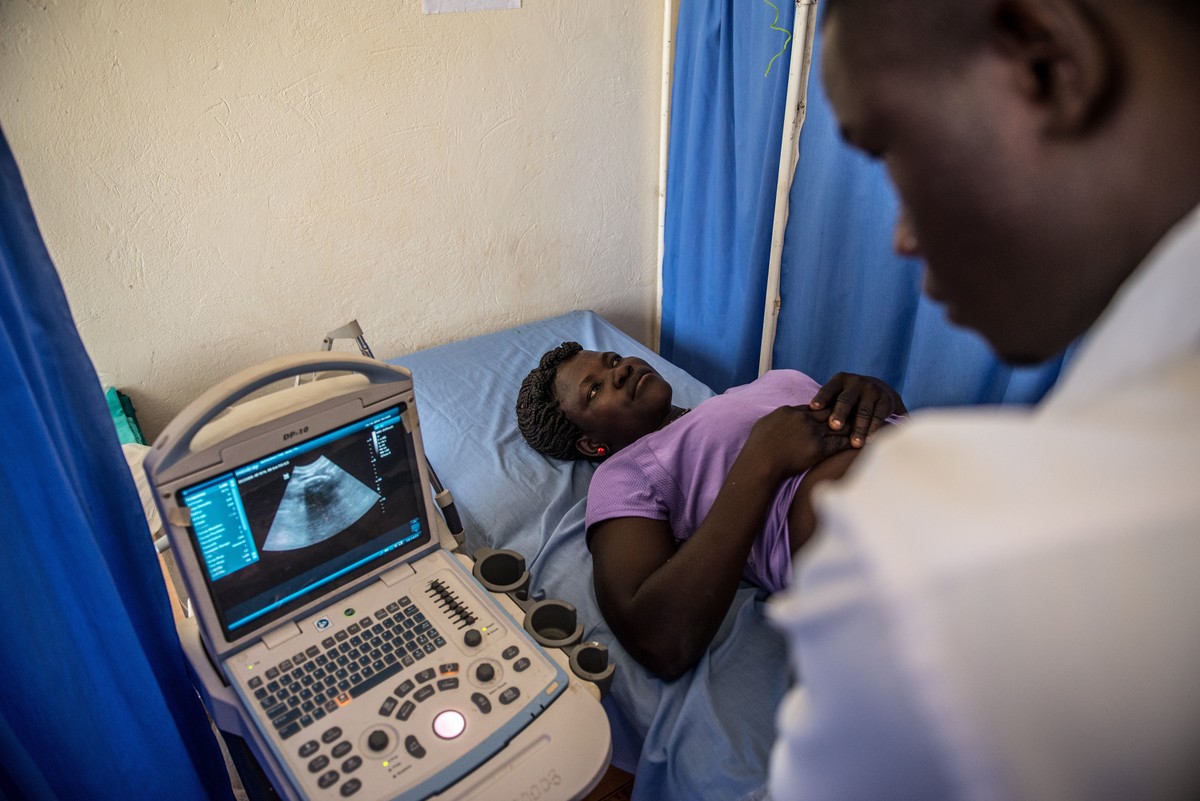
The human cost of the Global Gag Rule
IPPF has now compiled data outlining how the reinstatement of the Global Gag Rule will affect people’s health around the world. Our global network of local partners delivers more than 300 services every minute of every day. During President Trump’s term, we will forego approximately USD$100m funding from the US government, which would have supported our family planning and HIV programmes for women with the greatest need for these health care services. The regions most affected are sub-Saharan Africa, South Asia and Latin America and the Caribbean. In practical terms, this level of funding could have prevented: 20,000 maternal deaths 4.8 million unintended pregnancies 1.7 million unsafe abortions It could have also provided: treatment to 275,000 pregnant women living with HIV to protect their health and help prevent transmission of HIV to their infants 70 million condoms to prevent unintended pregnancies, HIV and other STIs 725,000 HIV tests to enable people to know their HIV status The foregone funding could have also treated 525,000 sexually transmitted infections. As an organisation that seeks to protect and improve the lives of women, men and children around the world, IPPF and its partners in 171 countries will not sign a policy that denies human rights and puts the lives of women at risk. We are working with governments and others to bridge this new funding gap and help keep our clinics open. Sign up now to get updates on how you can be involved and make a difference. JOIN OUR THUNDERCLAP TO SPREAD THE MESSAGE SUPPORT OUR WORK WITH A DONATION
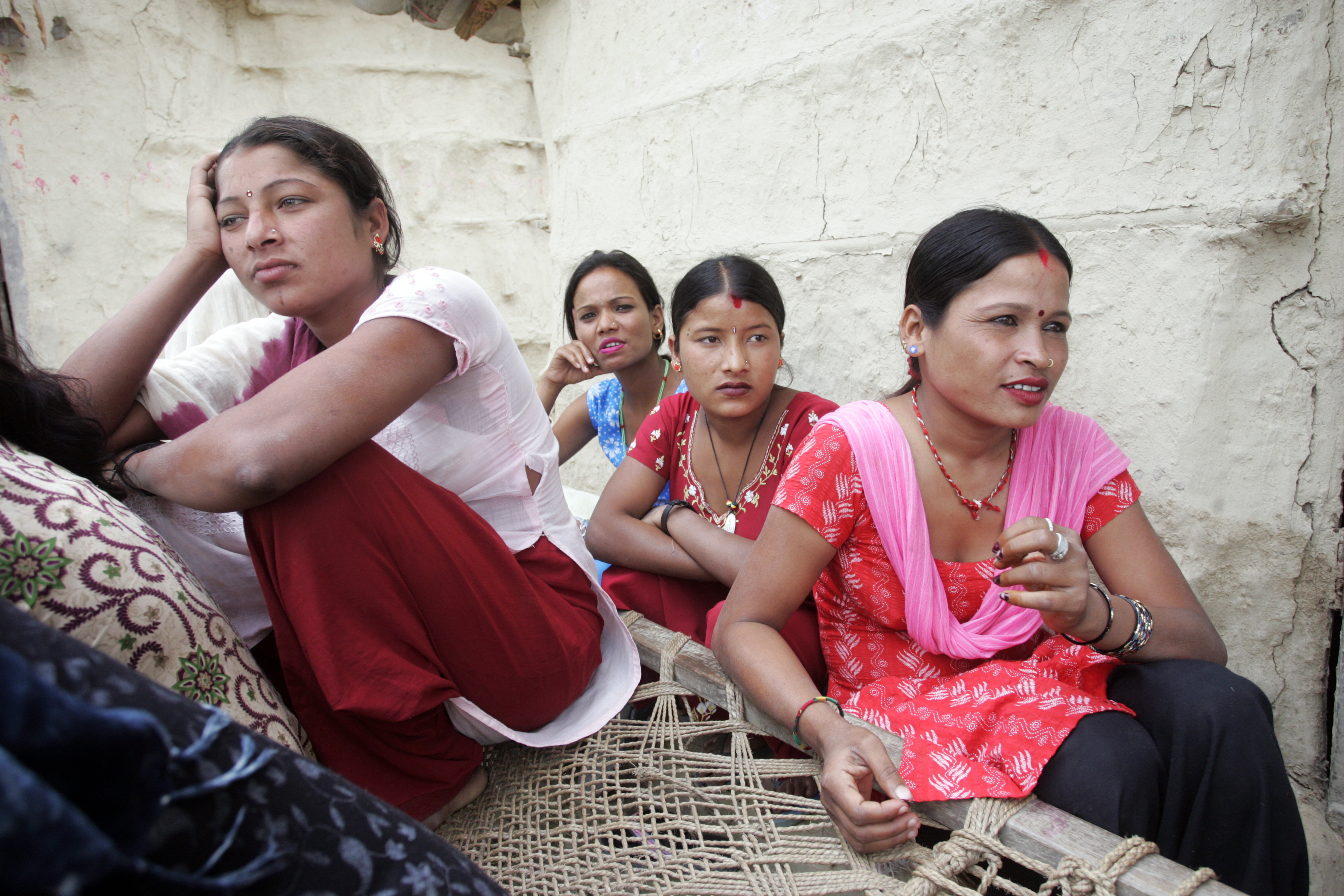
Extended Mexico City Policy detrimental to health care of world's poorest
Mexico City Policy will have a devastating impact for International Planned Parenthood Federation (IPPF) with its extension far beyond family planning. Restrictions into support for HIV, maternal health and infectious diseases programmes will mean that millions will be denied lifesaving healthcare they need. The policy will hit hardest, the women living at the margins of society – the poorest, the most remote and those under 25. The Global Gag Rule, also known as the Mexico City Policy, denies US funding to organizations who provide any abortion related services, including counselling, even when such services are legal in a national context. IPPF has a special focus on working with the world’s most poor and vulnerable and tailoring services to meet their needs. At country levels, the US funding loss will reduce or halt IPPF’s services and arrest opportunities to scale up, build capacity and reach more people. Tewodros Melesse, IPPF Director General, said in reaction, “For over 30 years, the Mexico City Policy has played politics with women’s lives. It is a cynical attempt to silence the choice and voice of the world’s poorest women. As a champion for them and people everywhere, we will not be held back. "This extended policy covers every aspect of IPPF’s work with the world's poorest people. It also fails in its stated intent to reduce the global incidence of abortion. With the expansion of its restrictions to work on broader health efforts it is short-sighted and dangerous, and threatens years of IPPF gains to advance the health and well-being of communities and undercuts health care access for millions worldwide.” The extended policy will now affect IPPF’s long record of working on HIV prevention in more than 20 countries covering Africa and Latin America often providing clients integrated sexual and reproductive health care services. The Global Gag rule could also endanger emergency funding for Zika prevention, education and health services in Latin America and the Caribbean, where the epidemic continues to rage. Examples of Country Impact: Barbados: IPPF partner Barbados Family Planning Association receives funding from the U.S. government to provide HIV prevention and education services to at-risk, hard-to-reach populations including men who have sex with men. The Caribbean has the second-highest HIV prevalence rate among adults after Sub-Saharan Africa. Nepal: IPPF aims to increase voluntary use of family planning services by increasing accessibility and availability of quality comprehensive family planning services to the hard to reach, disadvantaged, poor and adolescent populations in 11 districts and increase access to voluntary family planning information, education, and services. Nepal has failing and patchy family planning coverage which is often only available at certain times of the year. IPPF are working closely with the government to expand and strengthen static clinics in selected district hospitals, health posts and health facilities with birthing centers to reach all year round, reaching eligible couples with high unmet need. Malawi: The Family Planning Association of Malawi are providing much needed integrated family planning and HIV prevention to young adolescent and women in Malawi via clinics and outreach teams travelling to communities to raise awareness and offer services for vulnerable young women to prevent and treat sexual gender based violence, HIV infection and access to family planning. Without funding they will no longer be able to provide or expand this vital information, support community learning and offer both family planning services and treatment for sexual and gender based violence in one place. The rule blocks critical funding for health services like contraception, maternal health, and HIV prevention and treatment for any organization that refuses to sign up to it. For IPPF, it means foregoing US$100,000,000 that would be directed to proven programmes that provide comprehensive sexual and reproductive health services for millions of women and girls who would otherwise go without vital services that save lives. IPPF is the world’s largest women’s health network with members in 170 countries with over 45,000 service delivery points delivering over 300 services a minute. Individuals can donate to IPPF’s online appeal www.ippf.org/donate WANT TO GET INVOLVED? SUBSCRIBE NOW TO GET UPDATES FROM IPPF SUPPORT OUR WORK WITH A DONATION JOIN OUR THUNDERCLAP View my Flipboard Magazine.
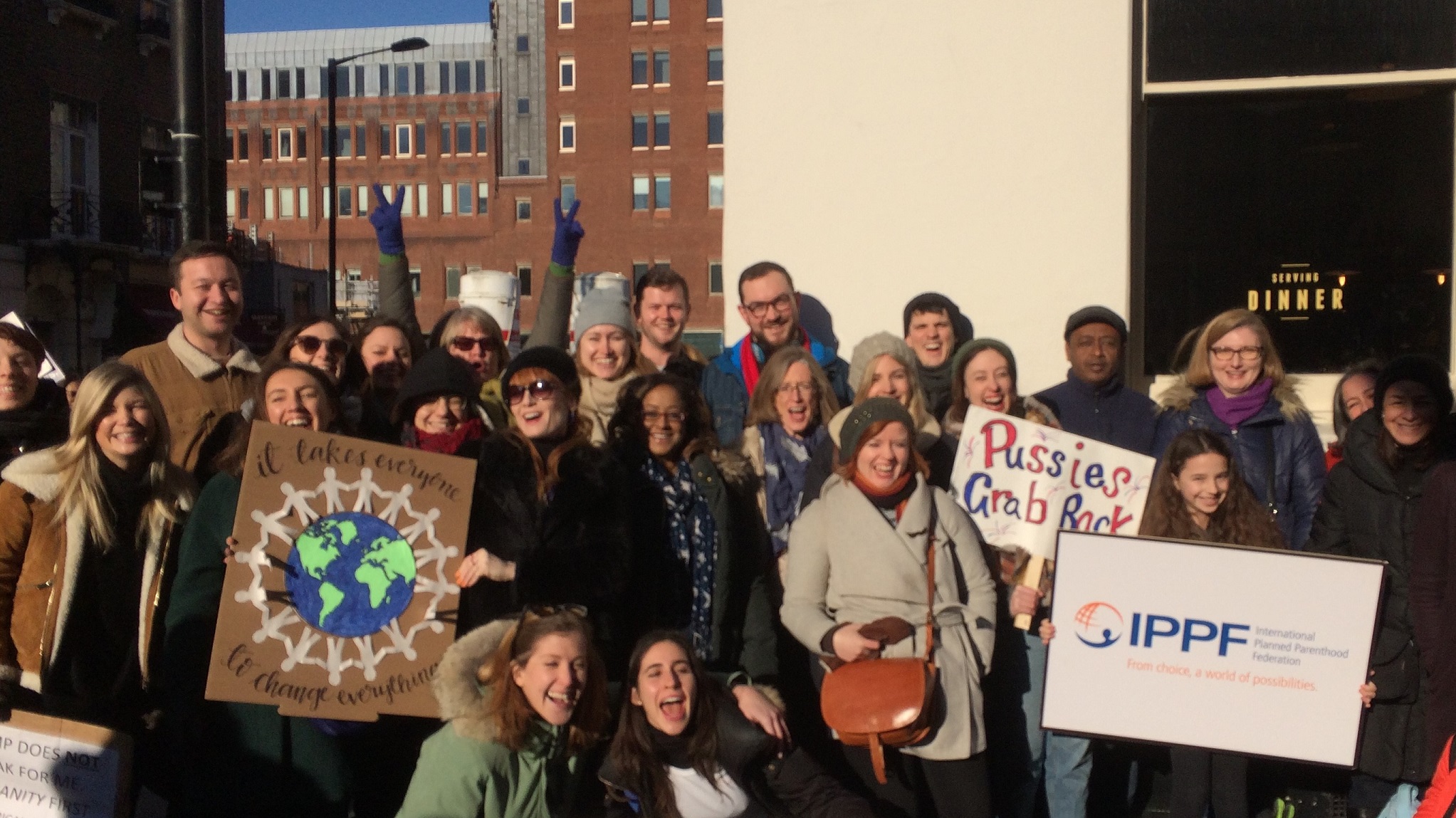
IPPF speaks out against the Global Gag Rule
IPPF stands to lose $100 million USD received from the US, even though none of that money is used for abortion services. IPPF spoke out against Trump's reinstatement of the harmful Global Gag Rule (aka Mexico City Policy) to both BBC's Woman's Hour radio show and Australia's ABC 24 News. Our Member Associations have also spoken out against this violation of rights that service restrictions will lead to: "Funding cuts would mean we can't support 37 districts including supporting Government of Nepal effort on sexual and reproductive Health and rights. Additionally we would not be able to run community clinics or mobile health days or train health care workers. The impact also means we would lose essential medical staff like nurses, doctors and health experts. It would be devastating. " - Ms. Amu Singh Sijapati, President of Family Planning Association of Nepal As one of the biggest family planning organizations in the world, we work in over 170 countries to deliver integrated sexual and reproductive health services to the most marginalized women and communities around the globe. Funding cuts will limit the range of services and restricts how well they can be accessed in remote and rural areas by those who can’t afford transport, food or housing, and will now have to pay for services from other providers who charge more for treatment. "Our projects make a real difference. Young people living with HIV face stigma and violence which is a big problem for girls here in Kenya. These issues create barriers for getting care which means higher risks of ill health and harm. It’s vital that we work within local communities and offer services that recognise these specific needs. Without further funding FHOK may be unable to continue this support, scale up or replicate in other parts of Kenya. It would mean denying services to those who need them the most." - Edward Marienga, Executive Director -Family Health Options of Kenya Putting a ‘gag order’ on local providers who know the specific laws and needs of their communities flies in the face of common sense and reason,” said Marta Royo, Executive Director of Profamilia Colombia, an IPPF Member Association. "The impact of the rule under other U.S. Administrations has been dramatic—many organizations were forced to slash services or even shut their doors because they lost US funding for even mentioning abortion. As a result, women lost access to maternal health care, treatment for HIV and contraception that would help them prevent unintended pregnancies in the first place. Unsafe abortion is one of the leading causes of maternal death in the world and evidence has shown that denying women’s access to abortion doesn’t reduce the incidence of abortion; it just makes it unsafe.” WANT TO GET INVOLVED? SUBSCRIBE NOW TO GET UPDATES FROM IPPF SUPPORT OUR WORK WITH A DONATION View my Flipboard Magazine.
Pagination
- Previous page
- Page 9
- Next page






